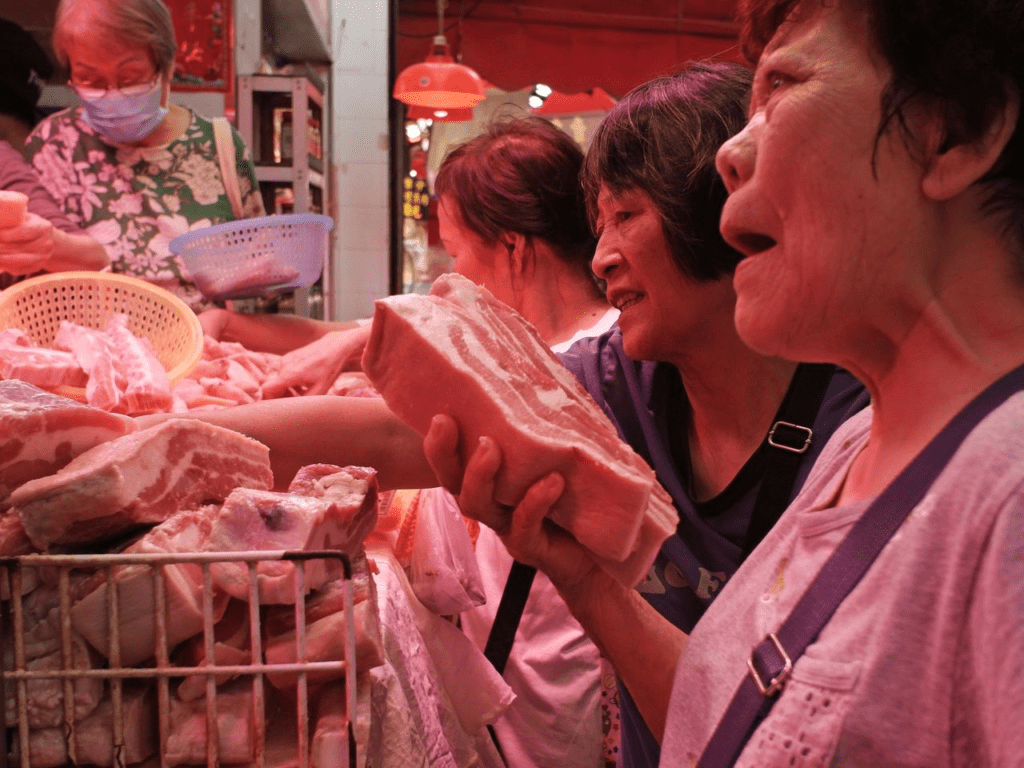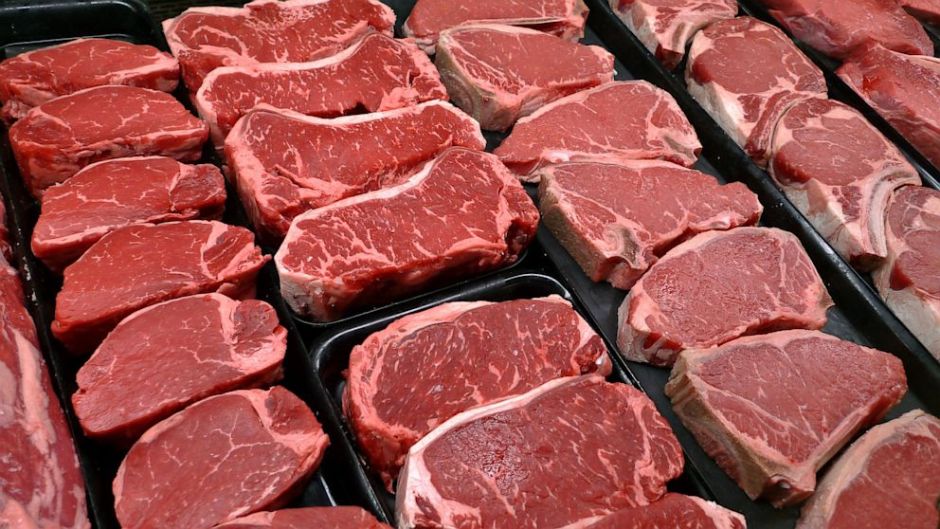In a significant development for the China-Pakistan economic partnership, the General Administration of Customs of China (GACC) has granted access to Pakistani heat-treated beef to enter the Chinese market. This landmark decision, which aims to strengthen bilateral trade ties, was announced in an official statement and has garnered attention due to its potential impact on the economic cooperation between the two nations.
Stringent Requirements for Importation
To ensure the quality and safety of the imported Pakistani beef, several stringent requirements have been put in place. The meat should originate from cattle younger than 30-40 months. It ought to be boneless, which should be followed by a complete heat treatment process before exporting. The heat treatment involves raising the temperature of the meat to at least 70 degrees Celsius for a minimum of 30 minutes, effectively eliminating any potential pathogens.
Furthermore, the production enterprises of heat-treated beef must be located in Pakistan and operate under Pakistani official supervision, complying with the veterinary health and public health regulations of both China and Pakistan. The Chinese registration of the producer is also necessary, with only beef produced after the registration date being allowed for export.
Comprehensive Regulations and Guidelines
The official statement detailing the access of Pakistani beef to the Chinese market also includes extensive regulations and guidelines to ensure the adherence to quality standards. These regulations cover various aspects such as animal disease management, processing conditions, storage, certification, packaging, transportation, and labeling.
These meticulous guidelines aim to establish a robust system that guarantees the safety and traceability of Pakistani beef throughout the supply chain. By implementing such comprehensive regulations, both China and Pakistan are demonstrating their commitment to maintaining high standards in the importation and distribution of meat products.
A Milestone in China-Pakistan Economic Cooperation
The approval of Pakistani beef for export to China signifies a significant milestone in the China-Pakistan economic cooperation. As both countries continue to strengthen their economic ties, this move opens up new avenues for Pakistani agricultural products to enter the Chinese market. It not only benefits the Pakistani economy but also contributes to the diversification of meat imports for Chinese consumers.
The development of the China-Pakistan Economic Corridor (CPEC) has played a crucial role in facilitating this growing economic partnership. With the establishment of modern transportation infrastructure and the promotion of trade activities, the CPEC has created a favorable environment for the expansion of bilateral trade.

Expansion of Agricultural Exports
The inclusion of Pakistani cherries in the list of agricultural products approved for export to China further exemplifies the mutually beneficial relationship between the two countries. The export of cherries, in addition to the now-approved beef, showcases the increasing trust and confidence in the quality of Pakistani agricultural products.
This positive development is expected to encourage further growth in Pakistani agricultural exports, boosting the country’s economy and supporting its farmers. By tapping into the vast Chinese market, Pakistan can capitalize on the demand for high-quality agricultural products, providing opportunities for its farmers to expand their reach and enhance their livelihoods.
Read more: Expected drop in petrol prices by Rs 30 to Rs 40 starting from July 1
The granting of access to Pakistani heat-treated beef in the Chinese market marks a significant moment in the economic cooperation between China and Pakistan. This landmark decision reflects the efforts made by both nations to strengthen their bilateral trade ties and create mutually beneficial partnerships.

With the strict regulations and guidelines in place, the importation of Pakistani beef ensures the safety and quality of the product for Chinese consumers. Moreover, this development paves the way for the entry of more Pakistani agricultural products into the Chinese market, bolstering Pakistan’s economy and providing opportunities for its farmers.
As the China-Pakistan Economic Corridor continues to advance, it is expected that the economic cooperation between these two nations will further flourish, bringing prosperity and mutual growth in the years to come.



